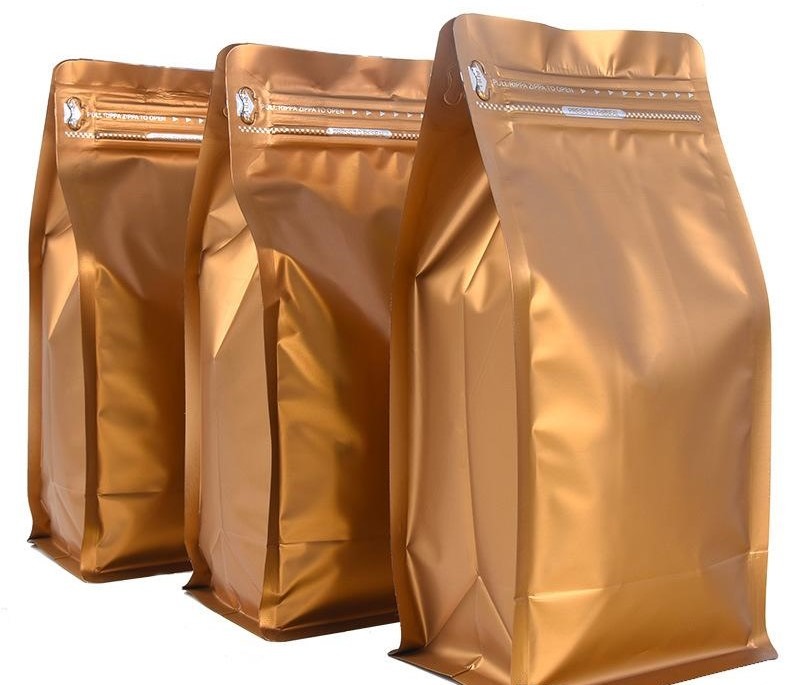New Paradigm of Low-Impact Materials Shifts Recycling Responsibility from Consumers to Manufacturers
Apr 08, 2020
Recent research conducted by the Oregon Department of Environmental Quality and the USEPA has shown that although a product may be recyclable, that does not always translate into the packaging having the least environmental impact. Instead, the entire life cycle of products and product packaging should be evaluated to determine their overall environmental impact.

Some in the recycling industry are calling for a shift from the current paradigm where the responsibility for recycling lies entirely on the consumer to the point upstream where manufacturers are choosing materials and designing their products to be more climate/environmentally friendly.
A good example of this comes from an EPA study which evaluated the overall impacts of several types of coffee containers. The study compared the energy use, carbon dioxide emissions, and overall waste generated by a steel can, a plastic tub, and a non-recyclable flexible pouch. The study concluded that the pouch required the lowest amount of resources in each of the three categories. The item that went in the trash, the pouch, actually had the lowest environmental impact. This goes against the very heart of our current recycling culture that encourages us buy products in recyclable packaging and to throw as little as possible into the trash.
In our current model, the responsibility for materials management is on consumers to recycle and compost materials. This causes “wishcycling” where all sorts of items are placed in recycling bins in “the hope” that they will be recycled. Wishcycling leads to more contamination in the recycling stream, and ultimately making it more challenging for the industry to find markets and reduces the value of the materials.
The paradigm of low-impact materials shifts the responsibility from consumers to manufacturers, requiring manufacturers to account for environmental impacts in the design of their products and packaging. As we consider strategies to reduce the environmental impacts of manufactured products as well as address concerns related to the possible transmission of viruses and other pathogens, it would appear that there is no time like the present to embrace the idea of low-impact materials.
For further reading, visit wastedive.com/news/oregon-deq-allaway-low-impact-recyclable-products/574812/